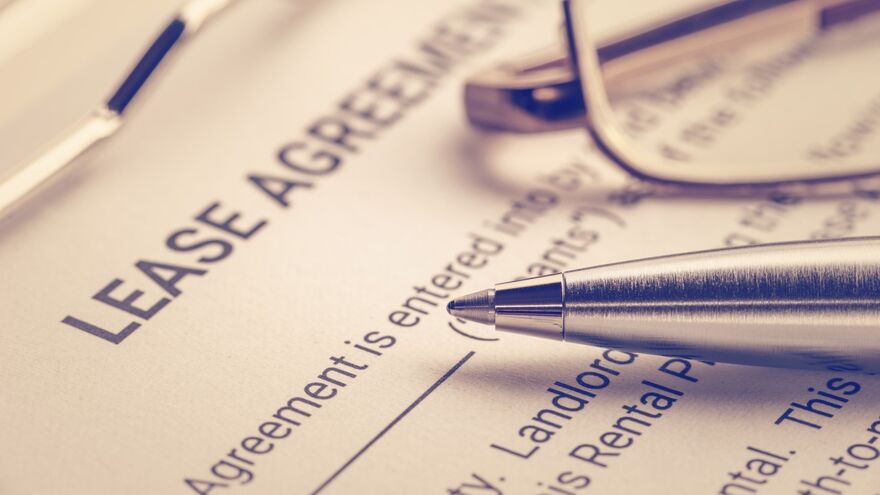Everyone will by now be aware of the Building Safety Act 2022 (the Act), the government’s attempt to give homeowners more rights, powers and protections following high profile building safety scandals.
There has been much criticism of the Act, including some unintended consequences of the drafting. This article will look at one of those drafting flaws, how it impacts shared ownership, and what steps RPs with relevant buildings need to take.
A leaseholder with a qualifying lease is offered financial protections under Schedule 8 of the Act. In brief, there is protection from service costs relating to cladding remediation and a service charge cap applies to the costs of non-cladding defects and interim costs (including waking watch costs).
What is a relevant building?
- a building at least 11 metres in height or with at least five storeys
- which contains at least two dwellings and
- is not a leaseholder-owned building
|
What is the problem?
A lease extension is technically a surrender and regnant. This means that the existing lease ends (is surrendered) and a new (longer) lease is granted in its place. If the new lease is granted after 14 February 2022, it will not benefit from Schedule 8 protections even if the surrendered lease had the benefit.
Accordingly, any leaseholders who have extended qualifying leases since 14 February 2022 will have lost their statutory protections under Schedule 8.
This is a potential problem for all types of long residential leases in relevant buildings, but the focus has been on shared ownership, partly because older shared ownership leases with 99 or 125 year terms may be reaching, or have already reached, the critical 80 year term point where it becomes harder to get a mortgage.
What is the solution?
The government has acknowledged the problem and has said that it intends to legislate to resolve the issue “as soon as Parliamentary time allows”. In the meantime, landlords are being urged to re-create the statutory protections by including equivalent contractual protections in any affected re-granted leases.
What do RPs need to do?
Pending a change in the legislation, RPs who find themselves in this position are not obliged to do anything, but many will want to follow the government guidance and ensure that all qualifying leaseholders get the same protection.
RPs should take appropriate legal advice on the wording to be added to re-granted leases and the effect of the additional contractual provisions. RPs may also want to update their lease extension policies and consider retrospectively offering the protections to leaseholders who have extended their leases since February 2022.
If you require any further information or advice around the topic please contact Katie Reading at [javascript protected email address] or on 01603 281933.
The information on this site about legal matters is provided as a general guide only. Although we try to ensure that all of the information on this site is accurate and up to date, this cannot be guaranteed. The information on this site should not be relied upon or construed as constituting legal advice and Howes Percival LLP disclaims liability in relation to its use. You should seek appropriate legal advice before taking or refraining from taking any action.

